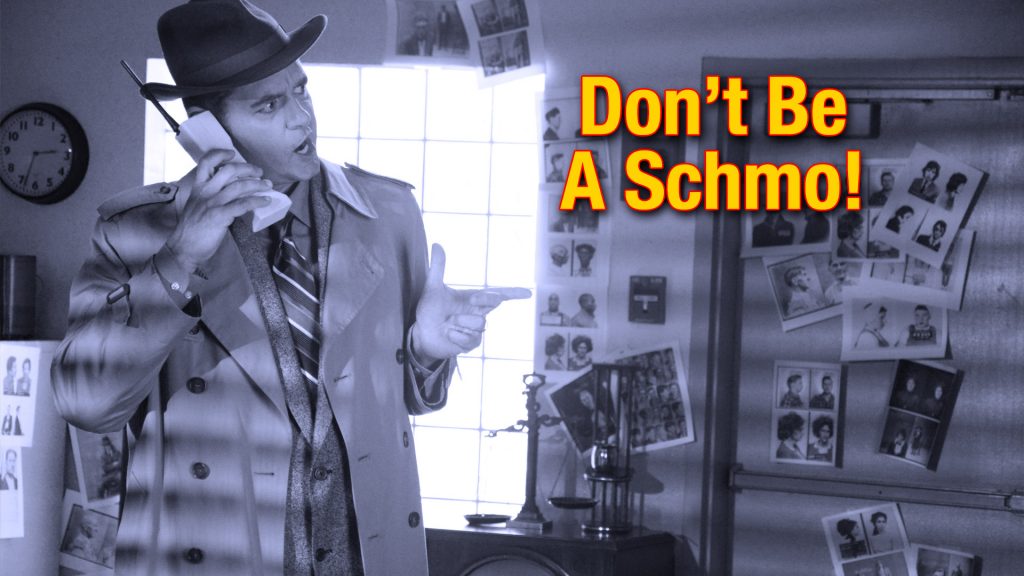 You’re young and just starting out in the workforce and lucky enough to be able to join in an employee sponsored savings plan (ESP). Or your 40 years old and start a new job and asked if you want to participate in their ESP. Or your 60 and starting to think of retirement and wonder if you still need to keep saving in the ESP. – All of you are not sure what you should.
You’re young and just starting out in the workforce and lucky enough to be able to join in an employee sponsored savings plan (ESP). Or your 40 years old and start a new job and asked if you want to participate in their ESP. Or your 60 and starting to think of retirement and wonder if you still need to keep saving in the ESP. – All of you are not sure what you should.
After spending years investigating employee sponsored savings plans, this detective’s answer? Yes, definitely, do not hesitate – don’t be a Schmo. Get ESP, Start ESP, ESP is your friend. I hope that’s clear enough. To understand it better let’s take a look at the definition.
Employee Sponsored Savings Plans (ESP) is a pooled investment account provided by an employer that allows employees to set aside a portion of their pretax wages for retirement savings or other long-term goals (i.e. paying for college tuition, purchasing a home). Many employers match their employees’ contributions up to a certain dollar amount, or by a certain percentage.
If your employer matches all or part of your contribution, that’s like found money! Which is Frank Money’s favorite kind of money! Keep in mind that there may be plans that require employees to remain employed for a minimum amount of time before they are vested and eligible to withdraw employer-matched funds. ESPs can be an attractive and relatively easy way for employees to lower their taxes and save for long-term goals.

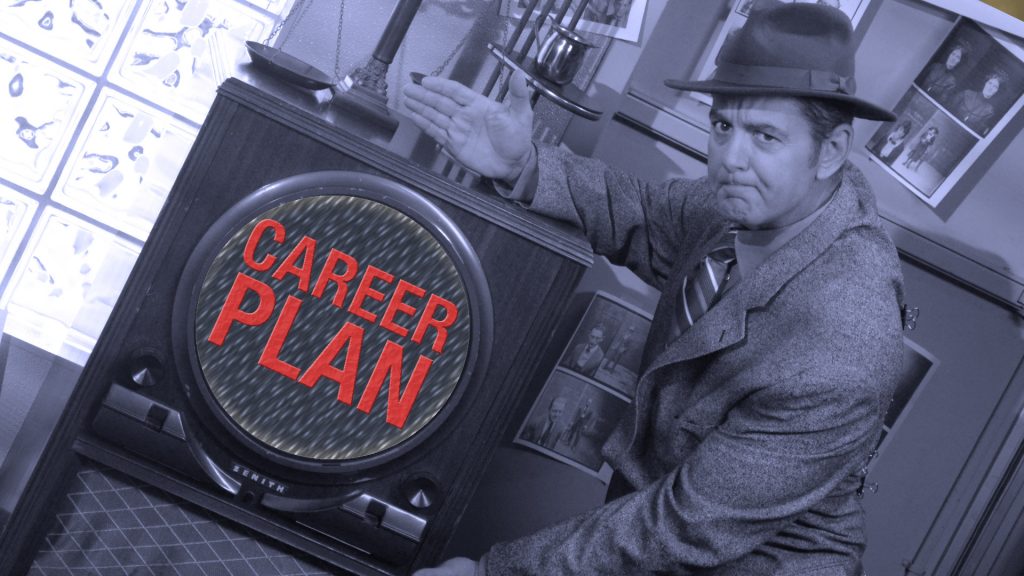 Sometimes stepping back and looking at where you stand can have a great impact on your approach to things. The same can be said for a Career Plan. I’m detective Frank Money – and I’m the man for understanding Career Plans.
Sometimes stepping back and looking at where you stand can have a great impact on your approach to things. The same can be said for a Career Plan. I’m detective Frank Money – and I’m the man for understanding Career Plans.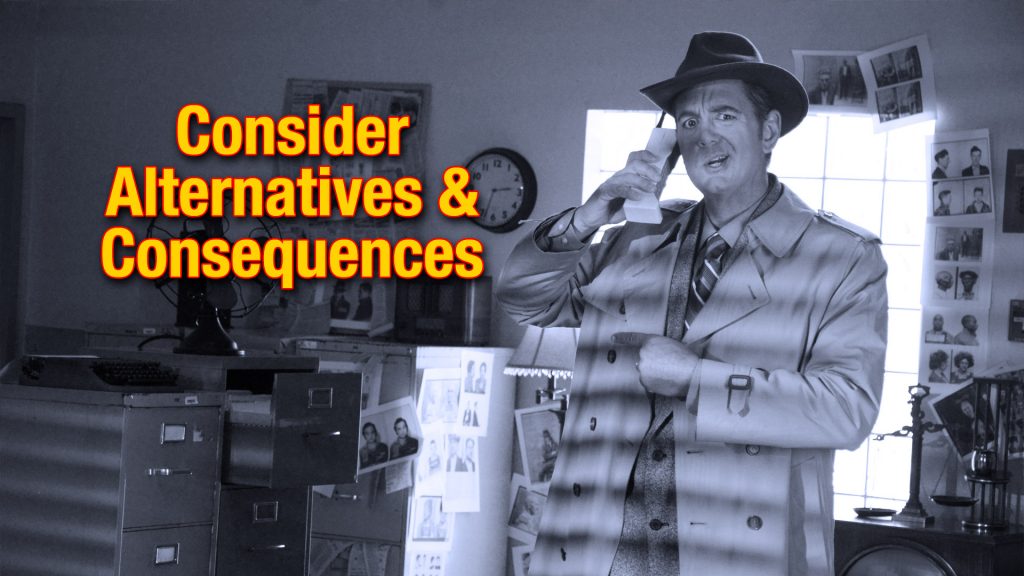 How many times have you passed by an electronics store and saw that X-Box you always wanted was finally on sale or the newest smart phone has hit the market? Temptations are thrown at us everyday in many different forms of ads. They know how to get your attention.
How many times have you passed by an electronics store and saw that X-Box you always wanted was finally on sale or the newest smart phone has hit the market? Temptations are thrown at us everyday in many different forms of ads. They know how to get your attention.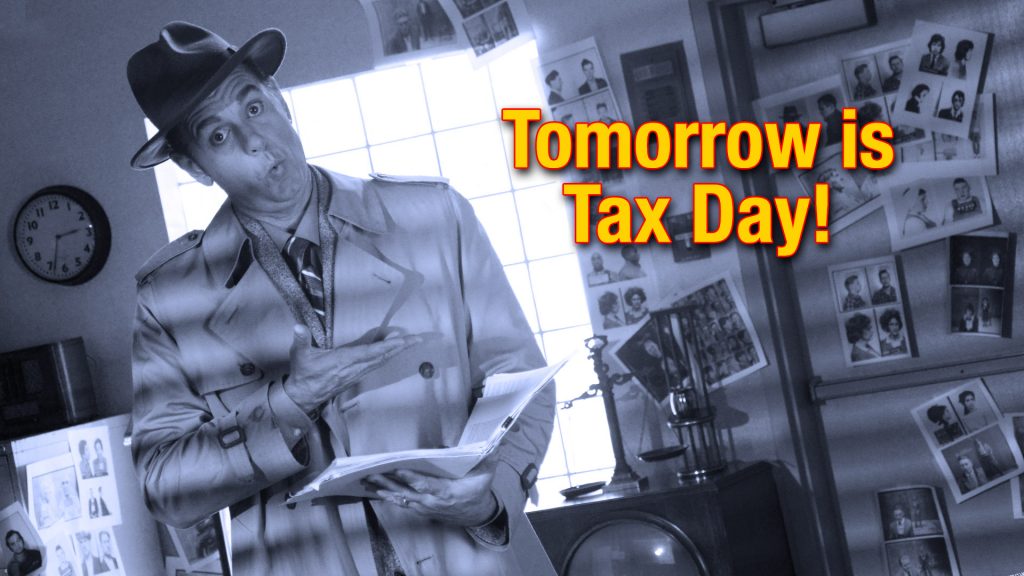 Tax day always seems to be a day of chaos and dread for taxpayers. We’ve all seen traffic jams and long lines at local Post Offices with last minute taxes held tightly in their hands hoping to get their taxes sent out on time. In 2017, tax day is actually tomorrow, April 18th!
Tax day always seems to be a day of chaos and dread for taxpayers. We’ve all seen traffic jams and long lines at local Post Offices with last minute taxes held tightly in their hands hoping to get their taxes sent out on time. In 2017, tax day is actually tomorrow, April 18th!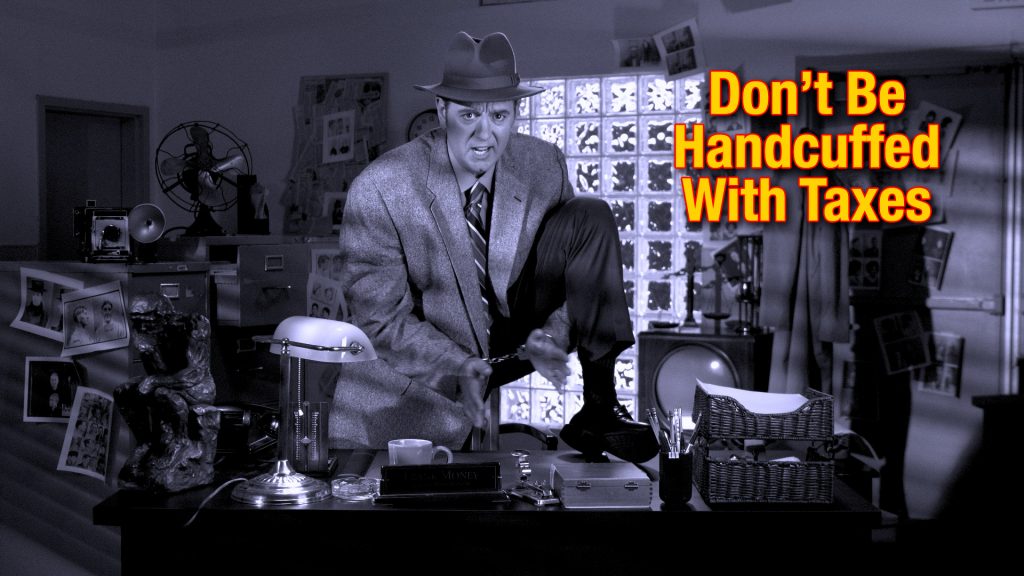 Paying taxes can seem like handcuffs on your wallet.
Paying taxes can seem like handcuffs on your wallet.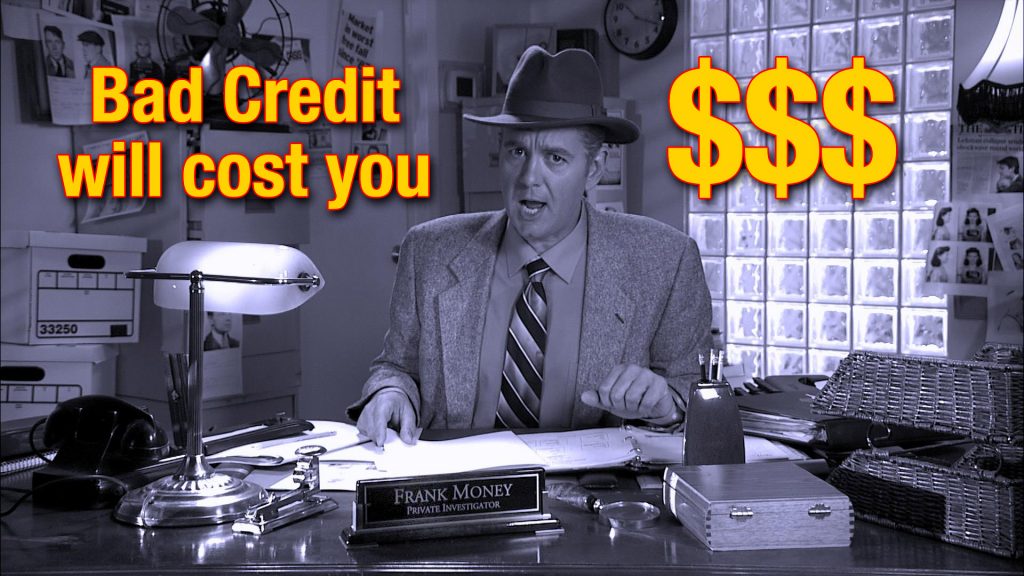 Frank Money here, your financial detective trying to save you money. Ok, listen up all you financial hotdogs out there who don’t pay attention to their credit scores. I’m about to give a lesson in world of hard knocks. Let’s cut right to the chase, bad credit will cost you money. If you’re planning to purchase large ticket items like a mortgage, car loan or even another credit card, you’re going to pay a lot more.
Frank Money here, your financial detective trying to save you money. Ok, listen up all you financial hotdogs out there who don’t pay attention to their credit scores. I’m about to give a lesson in world of hard knocks. Let’s cut right to the chase, bad credit will cost you money. If you’re planning to purchase large ticket items like a mortgage, car loan or even another credit card, you’re going to pay a lot more.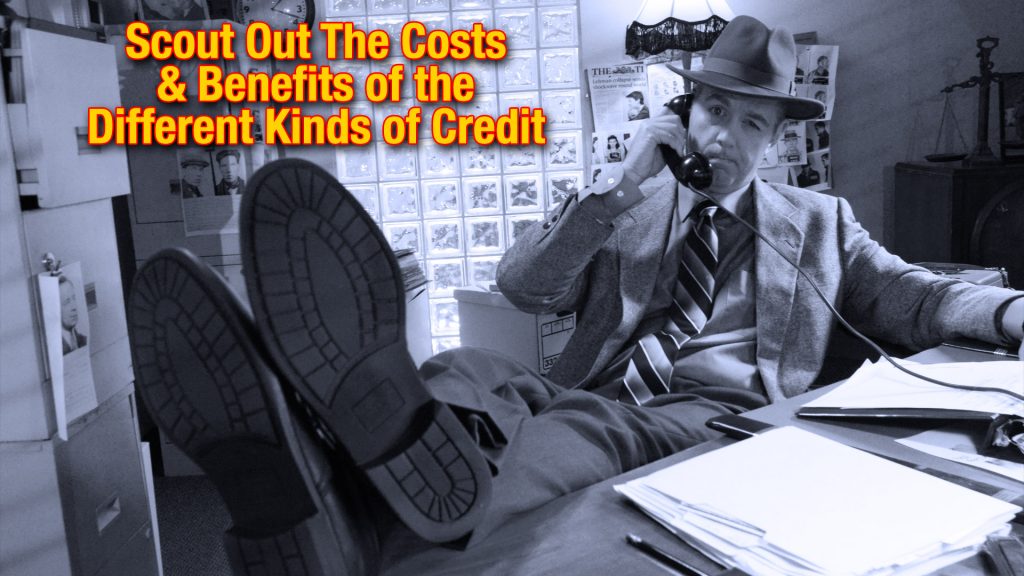 All right all you spenders, there’s a subject near and dear to me and that’s on the subject of credit. Now you may be thinking to yourself that poor old Frank Money has no life. That may be true but I’m not poor and I’m not in debt, but thinking about the different kinds of debt can really knock me off my feet.
All right all you spenders, there’s a subject near and dear to me and that’s on the subject of credit. Now you may be thinking to yourself that poor old Frank Money has no life. That may be true but I’m not poor and I’m not in debt, but thinking about the different kinds of debt can really knock me off my feet.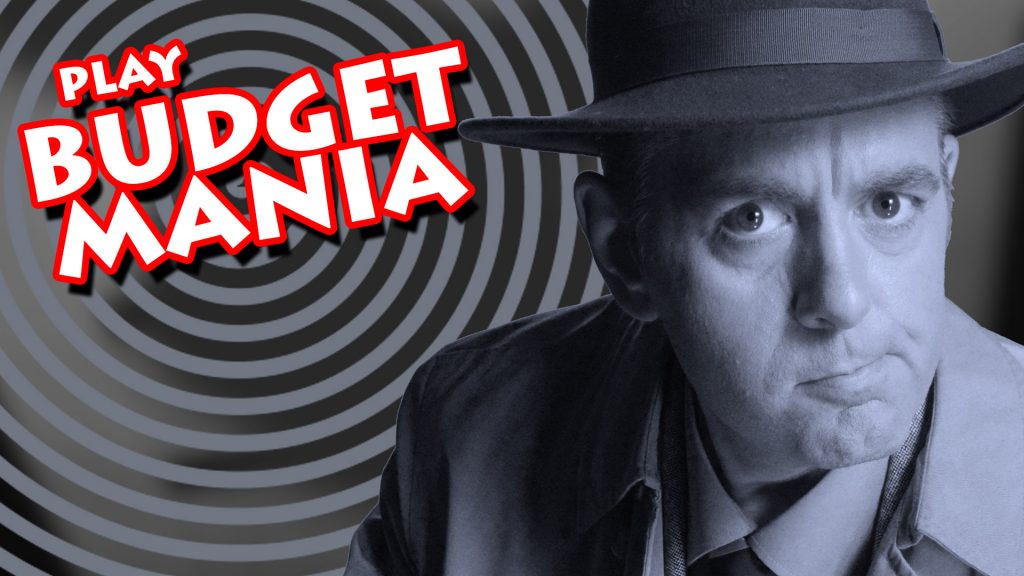 Frank Money here – I find that
Frank Money here – I find that